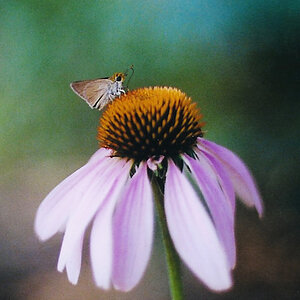Grandpa Ron
Been spending a lot of time on here!
- Joined
- Aug 9, 2018
- Messages
- 1,156
- Reaction score
- 703
- Can others edit my Photos
- Photos OK to edit
I was viewing some of my color photos and wondering what does color add to the picture?
I know that if you place a black and white photo next to the same photo in color, the most folks would say the color photo was better. But, is it really better or is it just more in line with what they are used to seeing.
I will admit that I like the color of oil on canvas paintings, but photographs seem a bit different. Sure color is a big part of rainbow, peacock tail or sunset photos, they are intended to show colors. But is the same true of more common place photos?
Perhaps my fondness for black and white is clouding my viewpoint; but I think when most folks view a black and white photo their brain compensates for the lack of color.
So the question is, would the bird and squirrel photos below, be any more pleasing in color?
By the way, it is not a test, just asking for opinions.


I know that if you place a black and white photo next to the same photo in color, the most folks would say the color photo was better. But, is it really better or is it just more in line with what they are used to seeing.
I will admit that I like the color of oil on canvas paintings, but photographs seem a bit different. Sure color is a big part of rainbow, peacock tail or sunset photos, they are intended to show colors. But is the same true of more common place photos?
Perhaps my fondness for black and white is clouding my viewpoint; but I think when most folks view a black and white photo their brain compensates for the lack of color.
So the question is, would the bird and squirrel photos below, be any more pleasing in color?
By the way, it is not a test, just asking for opinions.


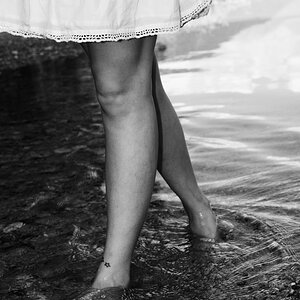
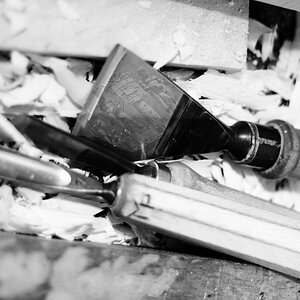
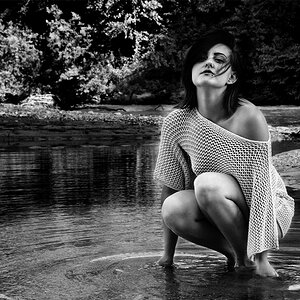
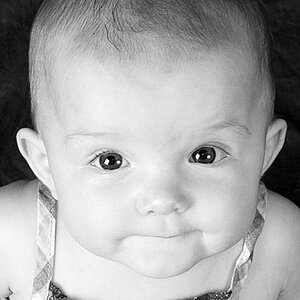

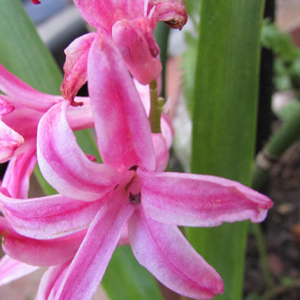
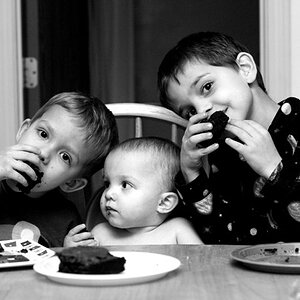
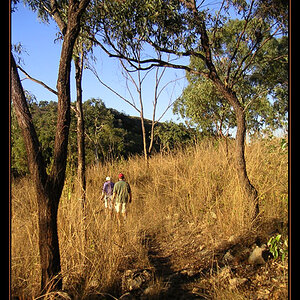

![[No title]](/data/xfmg/thumbnail/41/41755-a922f39cc29ff8f6e66a197508bf99f3.jpg?1619739881)

